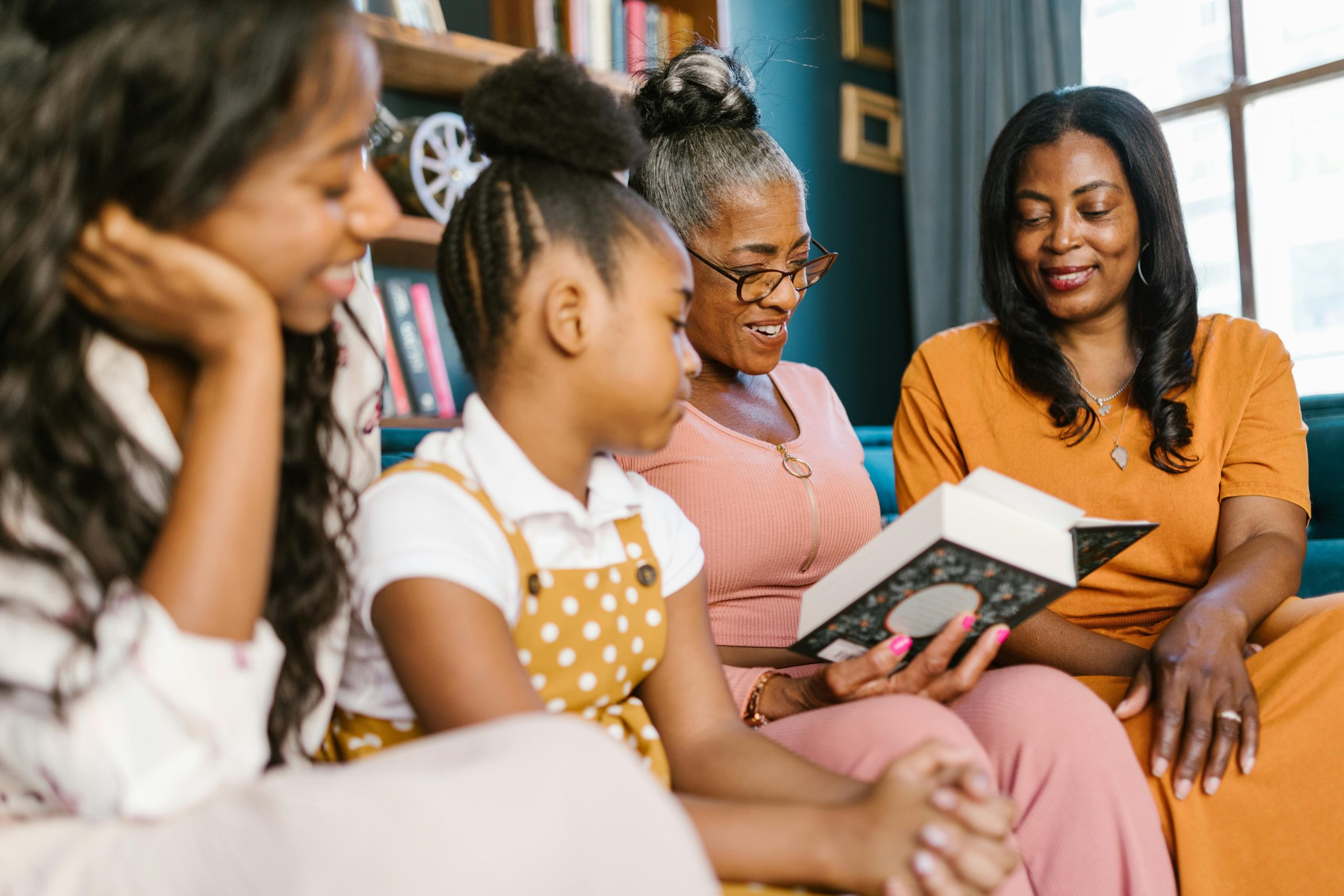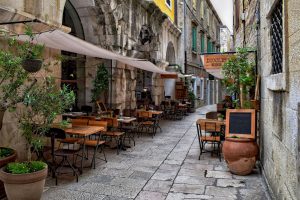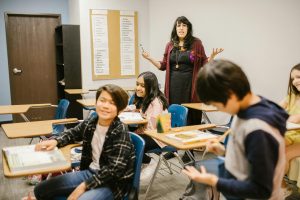Cultural cooking classes connecting kids to heritage
Food is more than just sustenance. It is a cornerstone of culture and traditions, often passed down from generation to generation. In today’s fast-paced world, where convenience and speed seem to be the top priority in meals, it is crucial to remember the importance of connecting with our heritage through food. That is where cultural cooking classes come in. These classes not only teach kids about their roots and the traditions of their ancestors but also instill a sense of pride and identity in them. In this article, we will explore the benefits of cultural cooking classes and how they connect kids to their heritage.
The Importance of Heritage in Today’s Society
In a world that is becoming increasingly globalized, it is easy for traditional customs and practices to get lost. Many young people today are detached from their cultural heritage and may not even know where their ancestors come from. This disconnect can lead to a loss of identity and a sense of belonging. By participating in cultural cooking classes, children can learn about their culture and traditions, gaining an understanding and appreciation for their roots.
Preserving Traditional Recipes
One of the most significant benefits of cultural cooking classes is the opportunity to learn and preserve traditional recipes. These recipes are often passed down from generation to generation and may not be found in cookbooks or online. By learning these recipes, children can help keep their cultural traditions alive and ensure that they are not lost with time. Furthermore, cooking alongside family members or community members can foster a sense of togetherness and strengthen family and community ties.
Exploring Different Cultures
Cultural cooking classes also provide an excellent opportunity for children to learn about different cultures and their cuisines. It allows them to experience new flavors and ingredients that may be unique to a particular culture. This exposure to different cultures can broaden their horizons and help them appreciate diversity and the beauty of our world.
The Benefits of Cultural Cooking Classes for Children
Developing Culinary Skills
Cultural cooking classes not only teach children about their heritage but also equip them with valuable culinary skills. Cooking is not just about following a recipe; it involves practical skills such as measuring ingredients, chopping, mixing, and cooking techniques. These skills are not only essential for preparing traditional dishes but can also be applied to other recipes and help children become more confident in the kitchen.
Nurturing Creativity
Most cultural cooking classes involve traditional recipes that have been passed down for generations. However, there is still room for creativity in these classes. Children can experiment with different ingredients and flavor profiles to create their own unique twist on a traditional dish. This not only nurtures their creativity but also allows them to express themselves through food.
Learning About Nutrition
Cultural cooking classes are not only about preparing delicious meals but also teach children about the nutritional value of different ingredients. They will learn about the health benefits of traditional foods and how to incorporate them into a balanced diet. This knowledge can help children make informed and healthy food choices in the future.
The Impact of Cultural Cooking Classes
Connecting Generations
Cultural cooking classes provide a platform for different generations to come together and learn from one another. It allows grandparents and parents to share their traditional recipes and cooking techniques with their children, passing down their knowledge and preserving their cultural heritage. It also gives children the opportunity to spend quality time with their loved ones, creating memories that will last a lifetime.
Creating a Sense of Pride
Participating in cultural cooking classes can instill a sense of pride in children by teaching them about their roots and cultural traditions. It also helps them understand and appreciate the sacrifices their ancestors made to preserve these traditions, creating a sense of respect and gratitude. This sense of pride and connection to their heritage can have a positive impact on a child’s self-esteem and personal identity.
Conclusion
Cultural cooking classes are more than just learning how to cook traditional dishes. They are a way to connect children to their cultural heritage, preserving traditions, and creating a sense of pride and identity. It is crucial to value and pass down our traditions for future generations, and cultural cooking classes provide the perfect opportunity to do so. So let’s embrace our roots, one dish at a time.









